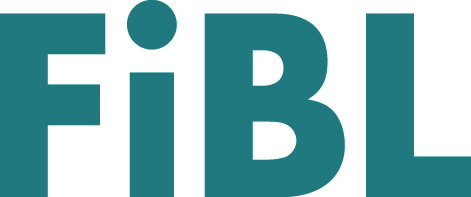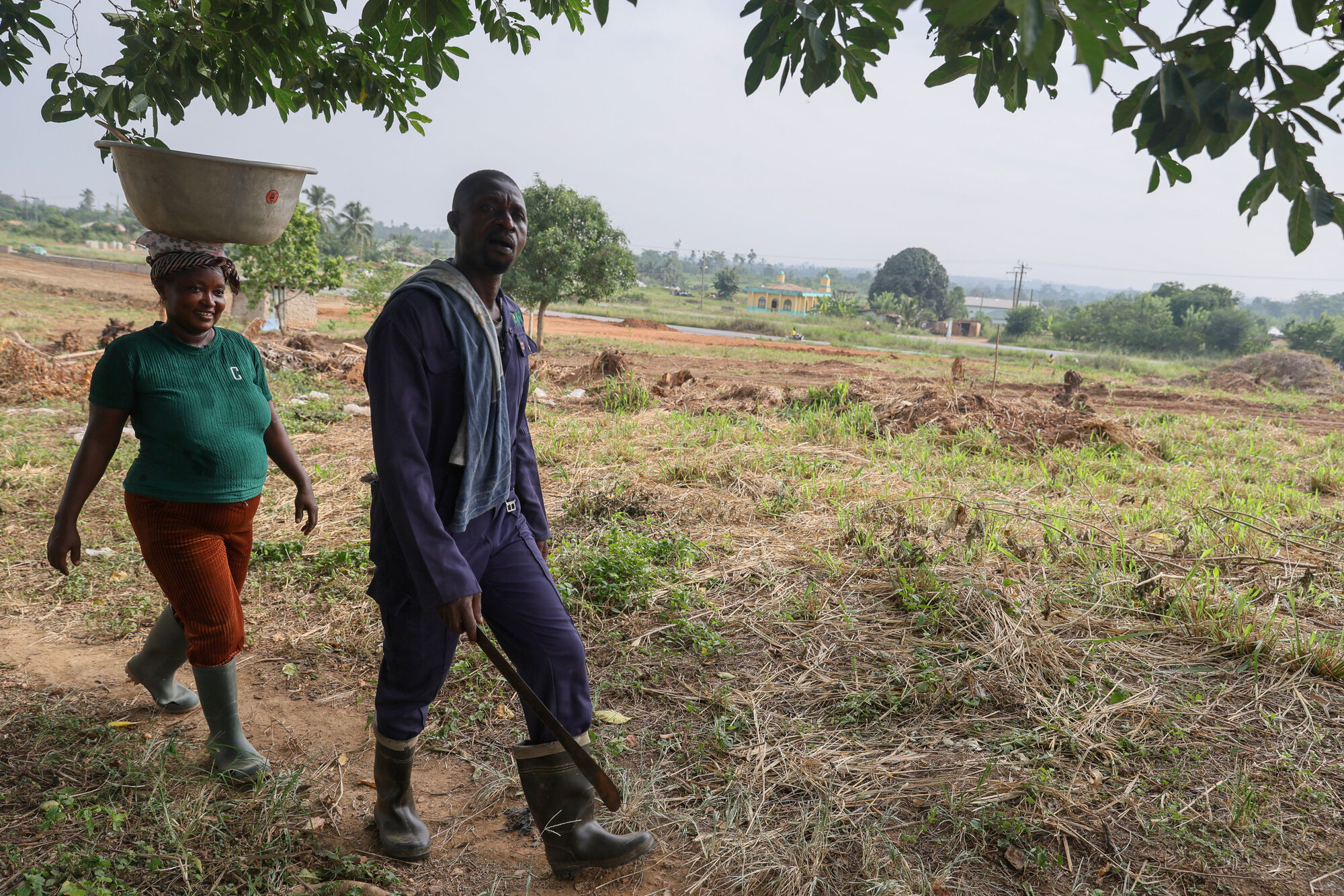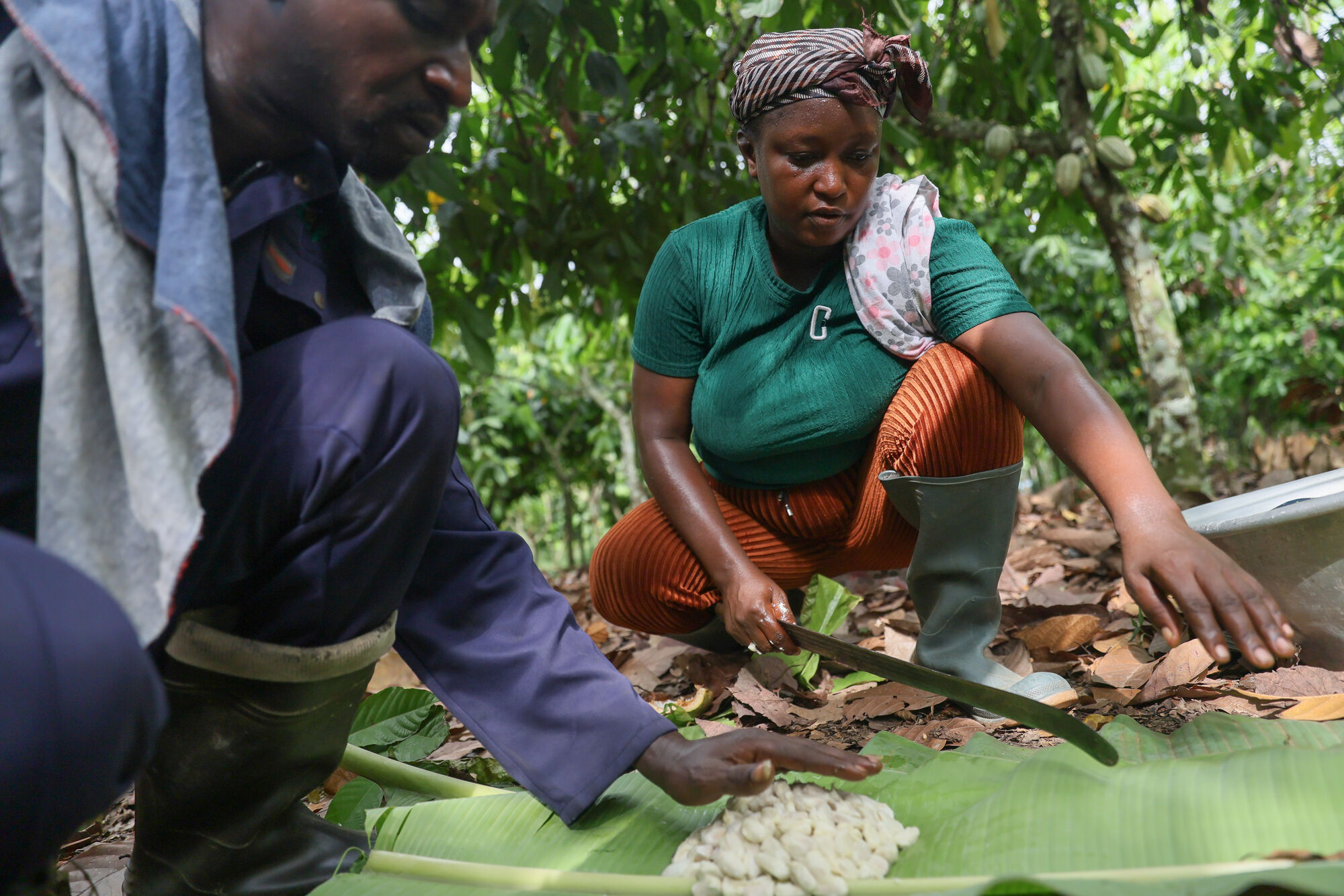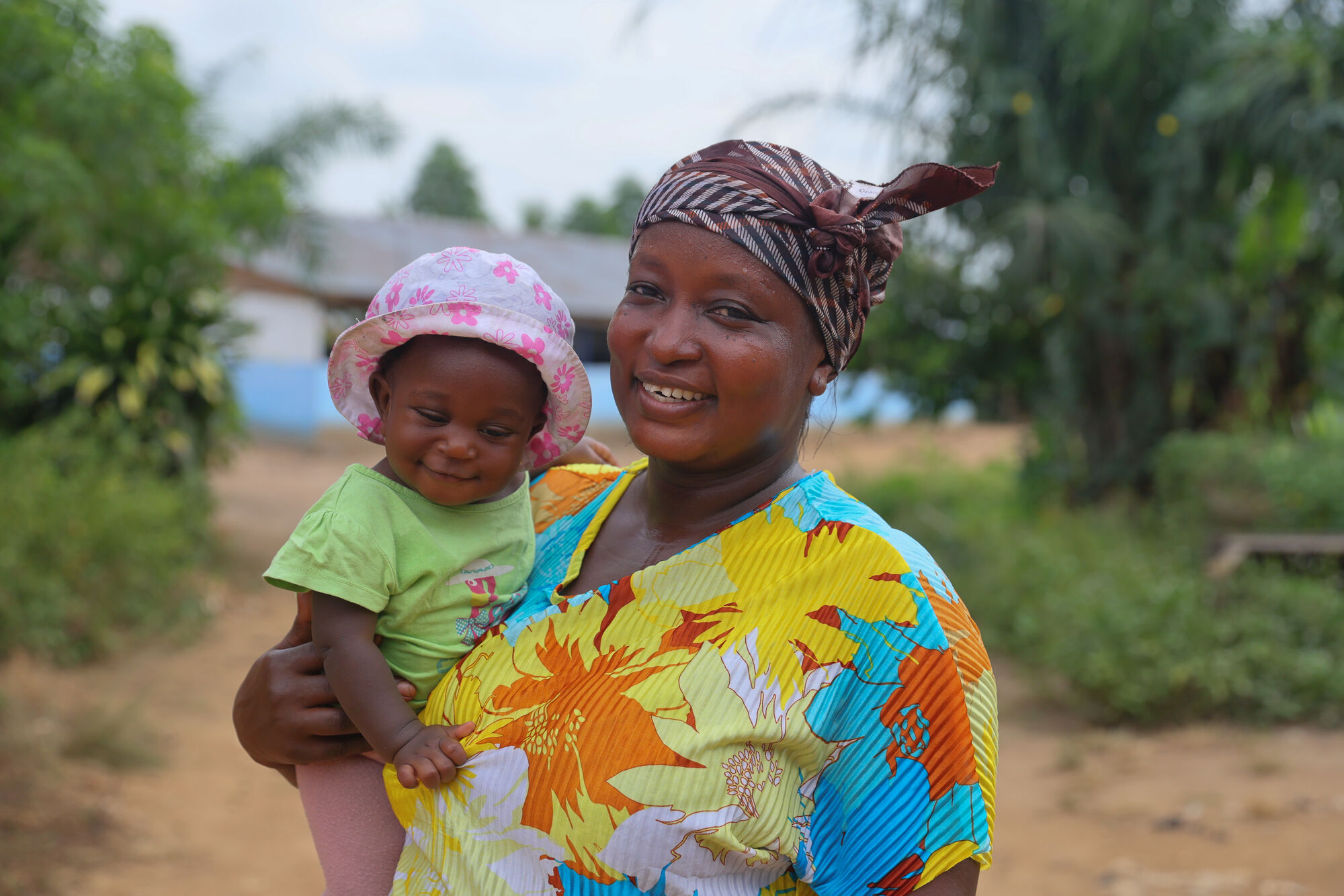Cocoa Household Income Study in Ghana
What is the main objective of the project?
The study aims to inform the cocoa industry about the economic conditions of cocoa farmers in Ghana by analysing their household incomes and the factors that influence them. Also, it intends to assess the impact of specific sustainability interventions backed by SWISSCO and its members on cocoa farmers' incomes. The methodology used was based on the guidelines established by the Living Income Community of Practice LICOP (an alliance of partners dedicated to increasing understanding of living income measurement and the income gap) and aligned with the Cocoa Household Income Methodology developed by Wageningen University and the Royal Tropical Institute KIT.
How will the project contribute to sustainable cocoa production?
The project contributes to sustainable cocoa production by generating evidence on the composition of cocoa farmer’s income, enhancing understanding of how programs should be tailored to address farmers’ living income. By examining the components of income among Ghanaian cocoa farmers, the objective is to offer timely and pertinent insights that can guide targeted interventions and policies to enhance their livelihoods. Understanding the effects of sustainability interventions will help SWISSCO and its partners in developing strategies to uplift cocoa farmers, promoting long-term sustainability, and breaking the cycle of poverty.

Cocoa has been a major contributor to household income to about 800,000 families. Understanding the drivers of household income across the cocoa landscape is very exciting. We are proud to be part of the joint survey on cocoa farmers' household income. The survey outcome will inform policy on sustainable cocoa production in Ghana.
What steps are taken during the project?
The study methodology was developed and tested between December 2023 and February 2024. The data collectors were trained in February 2024, and the data collection will occur in February 2024 and May 2024. The results will be presented in the second half of 2024.
How will the outcomes be communicated to relevant stakeholders?
The key element of this study is the collaboration with COCOBOD, who, together with SWISSCO, takes full ownership of its implementation and results. The Steering Committee Meetings also allow for close follow-up on the steps and findings of the study. Once the data is collected, it will be analysed by COCOBOD as well as SWISSCO’s main research partners, the Swiss Research Institute of Organic Agriculture (FiBL), and the Bern University of Applied Sciences (HAFL). The results will be published and presented in a meeting open to all SWISSCO members and partners.
Where is the greatest potential for stakeholders in the cocoa sector and beyond to learn from the project's outcomes?
The greatest potential for stakeholders to learn from this project lies in understanding the complexities of achieving a living income for cocoa farmers. The study offers a holistic view by pooling diverse expertise from SWISSCO, COCOBOD, FiBL, and HAFL. Regulators, stakeholders, and partners can gain insights into effective strategies, challenges, and successes in contributing to achieving a living income for cocoa farmers, not only in Ghana but also by sharing lessons with other cocoa-producing regions.
Access the full report of the income study
Organisations involved






